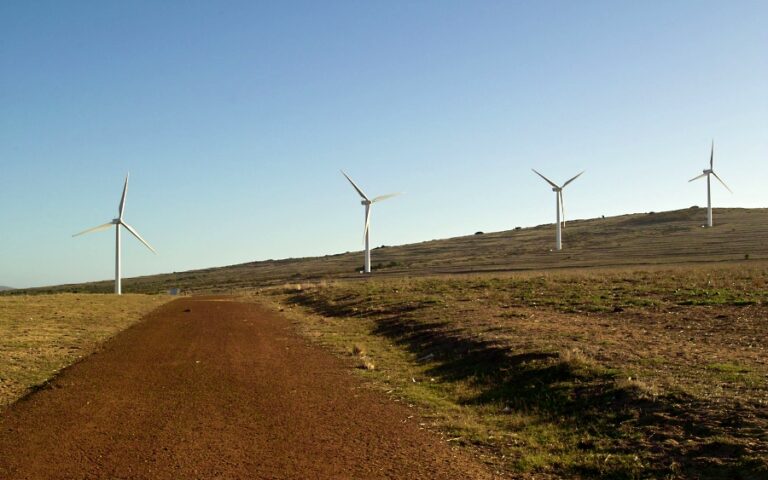South Africa’s largest asset managers are significantly underperforming on responsible investment practices, according to a new benchmark report released today by Just Share.
The Just Share Asset Manager Responsible Investment Benchmark 2025 assesses 20 of South Africa’s largest asset managers against international best practice across responsible investment standards on governance, climate change, biodiversity and social impacts. The findings show that the industry is failing to adequately address the systemic risks that climate change, biodiversity loss and inequality pose for investors and society.
The report was researched and produced by Just Share using a survey methodology developed by UK-based non-profit organisation ShareAction. The methodology assesses responsible investment performance against 20 key standards. The standards are ambitious, but achievable, with ShareAction demonstrating that every one of the standards was met by at least one of the 76 global asset managers assessed in ShareAction’s 2025 survey.
All assessed South African asset managers were provided with the survey prepopulated by Just Share using publicly available information, and given the opportunity to check the survey findings and provide additional information. Fifteen of the twenty assessed asset managers responded.
Despite responsible investment forming part of South African asset managers’ lexicon for over 15 years, 85% of the largest asset managers received only “E” or “F” grades, with scores below 25%, while four managers failed to meet even one of the benchmark’s 20 key standards for responsible investment. The top-performing local manager, Ninety One, scored just 30%, giving it a “D” grade that would place it 24th among the 76 global asset managers assessed by ShareAction.
The Public Investment Corporation (PIC), which has R2.69 trillion in assets under management, and is the biggest single investor on the JSE, received an E-grade with a score of only 8% overall. The PIC did not respond to Just Share’s invitation to check the survey findings and provide additional information.
A critical shortcoming revealed by the benchmark is inadequate public disclosure by local asset managers. The lack of information in the public domain makes it impossible to assess many of the responsible investment claims of firms. None of the 20 managers publicly discloses sustainability metrics across all portfolios, engagement policies lack clear objectives and time-bound escalation triggers, and there is limited evidence of successful engagements or consequences for companies that fail to improve their environmental, social and governance (ESG) performance.
Action to address climate risk is poor: only 15% of assessed managers have set net zero targets, compared to 80% of global asset managers assessed by ShareAction. Additionally, 65% of South African managers do not impose any restrictions on fossil fuel investments, despite South Africa’s acute climate vulnerability and urgent need for financing to transition to a low-carbon economy. Most asset managers have not conducted climate scenario analysis or published transition plans for their portfolios.
Biodiversity is a notable blind spot for South African asset managers, with 90% failing to meet any biodiversity key standards. No managers are restricting investments based on areas of global biodiversity importance, and only one manager – Futuregrowth – is implementing sector-specific biodiversity requirements.
Performance on social impacts is equally poor: 80% of assessed SA managers fail to meet any key standards. Local asset managers note the importance of human and labour rights frameworks, but none have investment policies that commit to restrictions on companies transgressing these frameworks. Further, no firms provide evidence of excluding investments in a company based on violations of human and labour rights, and none of the 20 largest SA asset managers have an investment policy that excludes investment in both tobacco and controversial weapons from most funds.
Despite half of the surveyed managers claiming to support a just transition to a low-carbon, inclusive economy, evidence of capital allocation shifts to support a just transition remains minimal.
“South Africa is often regarded as a leader in responsible investment in emerging markets, but asset managers are failing to keep pace with their global peers”, said Karishma Bhoolia, senior climate risk analyst at Just Share. “Asset managers manage the retirement savings and investments of millions of South Africans and could be doing far more to protect those investments from climate risks, biodiversity loss and social instability. These aren’t peripheral issues; they’re fundamental risks to long-term investment returns and the world South Africans will retire into.”
The report includes recommendations for asset managers, asset owners and policy makers.






